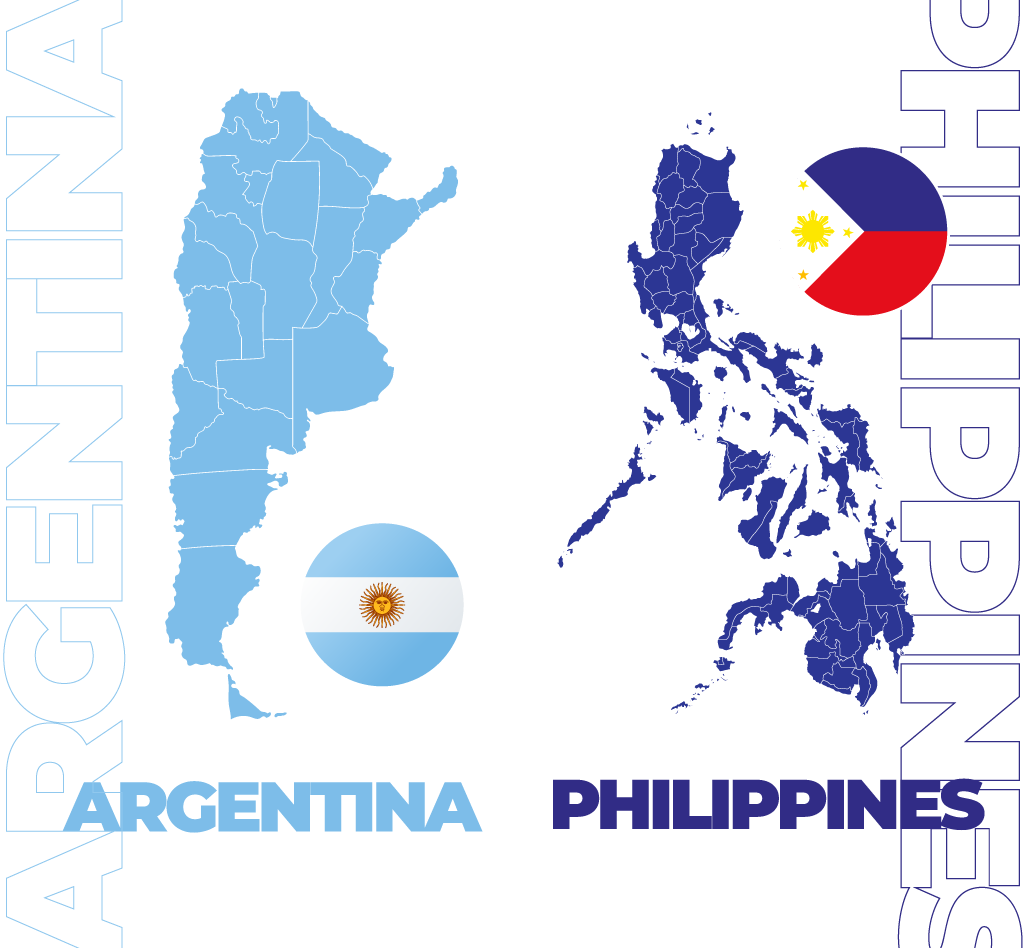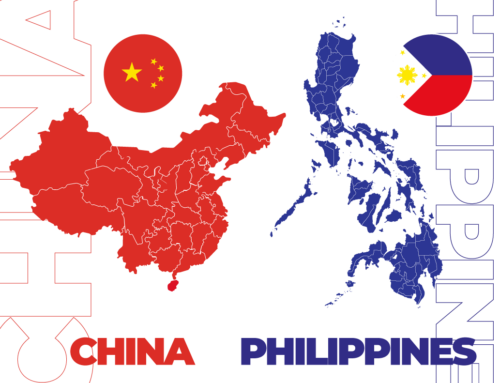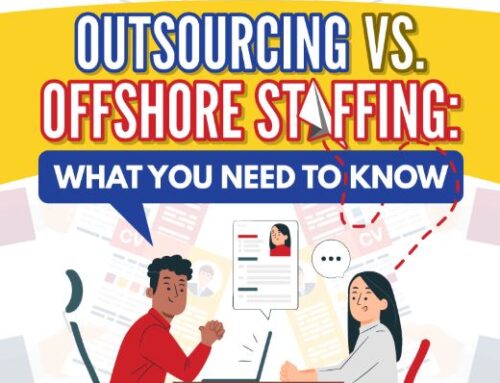Accounting serves as the backbone of every organization. However, as financial regulations grow increasingly complex, qualified expertise becomes harder to find. This has led companies to seek proficient, cost-effective solutions, such as offshoring accounting functions, to maintain operational efficiency without compromising compliance.
Two countries that have captured the attention of businesses seeking offshore accounting solutions are the Philippines and Argentina. While both nations bring unique strengths to the table, each offers distinct advantages depending on the specific needs of a business.
The Offshore Outsourcing Landscape in the Philippines and Argentina
Both the Philippines and Argentina have gained recognition for their unique strengths in the global outsourcing market. Here’s a closer look at both countries as offshore outsourcing destinations:
-
The Philippines: A Leading Hub for Offshore Outsourcing
The Philippines has long been a leader in offshore outsourcing, especially for business process outsourcing (BPO) services. According to the Philippine Economic Zone Authority (PEZA), the country’s BPO industry continues to thrive, with over 1.3 million Filipinos employed in the sector.
As of 2023, the Philippines is currently ranked 12th in Kearney’s Global Services Location Index (GSLI) and continues to be “the BPO engine of Asia.” This recognition is largely due to the country’s highly skilled workforce, proficiency in English, and robust IT infrastructure.
-
Argentina: A Rising Outsourcing Destination
Argentina, located in the heart of Latin America, has also made strides in the outsourcing sector. The country is increasingly gaining recognition for its capabilities in information technology (IT) and business services. It is expected that the country’s IT outsourcing sector will have a market volume of $698.8 million by 2029.
One of Argentina’s key strengths is its proximity to the United States. Argentina is now an attractive nearshore destination for businesses looking to outsource to Latin America. However, it faces high inflation, currency volatility, and complex labor laws, which may become challenges deterring potential customers.
Offshore Accounting: Philippines vs. Argentina
The Philippines and Argentina may stand out as strong contenders for offshore outsourcing, but how do they measure up when it comes to the specialized function of accounting?
Let’s explore how these two countries fare in the offshore accounting arena:
1. Skilled Talent Pool
The Philippines is home to one of the largest pools of accounting professionals globally. The country has over 200,000 CPAs, many of whom are employed in various sectors, including finance, tax, and audit services. This gives them an advantage in these specialized fields, where expertise is crucial for ensuring compliance and accuracy.
The country also produces around 3,000 new CPAs annually, providing a steady stream of highly skilled professionals ready to meet the growing demand for accounting services in global markets.
With many having experience with US-based clients and global firms (e.g., EY, KPMG, PwC, Deloitte), Filipino accountants are well-versed in US and international accounting standards (GAAP & IFRS). This proficiency makes them highly adaptable to the various accounting needs US companies require.
Argentina on the other hand, has a longstanding reputation for having a strong accounting profession, historically considered among the most prestigious in Latin America. Contributing factors to this prominence include having robust university education programs and a sophisticated financial sector.
However, unlike in the Philippines, there is no requirement for a professional examination or actual experience to register as a public accountant in Argentina. Entry into the profession is based solely on obtaining a university degree in accounting. Without these standardized requirements, businesses using Argentinian accountants run the risk that they’ll lack the necessary technical skills and professional competence to effectively perform their duties.
Also, while Continuing Professional Development (CPD) is encouraged, it is not mandatory in Argentina. This is in stark contrast with international standards requiring ongoing professional education to maintain competence.
2. Expertise and Quality Assurance
Filipino accountants are actively improving their skill sets through online courses and earning certifications like:
- Certified Management Accountant (CMA)
- Xero Certifications
- Certified Outsourcing Specialist (COS)
This ongoing commitment to professional development makes them highly competitive in the global market.
The Philippines has also established a robust Quality Assurance Review (QAR) Inspection Program to ensure the highest standards in accounting practices. The QAR program includes comprehensive evaluations of audits, financial statements, and other financial practices. This rigorous system offers a level of assurance that financial reports produced by Filipino accountants are reliable and of the highest quality.
On the other hand, some stakeholders in Argentina worry about the quality of the country’s financial reports. In fact, the World Bank’s Report on the Observance of Standards and Codes (ROSC) revealed several instances of standard deviations in the financial statements of sample Argentinian listed and non-listed companies.
The document also observes the absence of a proper quality assurance system in the country. Aside from the regulated sectors like banking, there is no system of inspections in the work of their external auditors in other fields. These findings uncover the potential risks associated with offshoring accounting services to Argentina.
3. Cost Efficiency
One of the main reasons businesses turn to offshore accounting is to reduce costs. When comparing the cost of outsourced accounting services to the Philippines versus Argentina, the Philippines offers a more competitive pricing structure.
The average rate of hiring accountants in these countries is as follows:
Philippines $6 per hour
Argentina $7 per hour
While both countries offer affordable outsourcing solutions, the Philippines remains a more attractive option for US-based companies due to its lower wage rates. This cost-effectiveness does not compromise quality, as Filipino professionals are renowned for their diligence, precision, and dedication to delivering outstanding results. Meanwhile, Argentina’s relatively high inflation rate (229.82% in 2024) can result in fluctuating costs that may impact long-term financial planning.
4. Language Proficiency and Cultural Compatibility
The Philippines is renowned for its high level of English proficiency. It ranks second in Asia and 20th globally in the English Proficiency Index (EPI). This makes it easier for US-based businesses to collaborate with Filipino accountants.
Comparison of English Proficiency Index (max 800):
- Philippines: 578
- Argentina: 562
While still considered high, Argentina has a slightly lower EPI. This score indicates a marginally less English-fluent workforce compared to the Philippines. Argentina’s primary language (Spanish) may create a barrier for businesses that require seamless communication in English.
Moreover, the Philippines’ cultural compatibility with Western countries, particularly the US, enhances the ease of doing business with Filipinos. Meanwhile, while Argentina also benefits from a skilled workforce, Argentinians may be more accustomed to local practices. This inclination could mean requiring additional training to fully adapt to US standards and practices.
5. Stability and Risks
The Philippines is relatively stable politically and economically. The Philippine government actively encourages foreign investment, recognizing its role in economic development. This support is evident through policies (e.g., tax incentives) that promote the growth of the Business Process Outsourcing (BPO) sector.
Economically, the Philippines has also demonstrated robust performance, with a GDP growth of 6.0% in the first half of 2024. This growth trajectory positions the Philippines among the top performers in the Asia Pacific region.
Meanwhile, Argentina’s economic landscape is characterized by significant volatility, notably marked by inflation and currency fluctuations. For international clients, these economic fluctuations can pose financial risks. The volatility may affect the cost of services, profitability, and the overall financial stability of partnerships.
Why the Philippines Stands Out
Argentina presents a growing and promising offshore accounting destination. However, the Philippines continues to outshine it in terms of talent availability, cost efficiency, language proficiency, and overall outsourcing infrastructure.
That said, Argentina’s overall outsourcing industry is still catching up to the Philippines in terms of scale and global recognition. The country’s large pool of skilled accountants, coupled with its favorable business environment and secure track record in offshore outsourcing, makes the Philippines the clear leader for businesses looking to offload their accounting functions overseas.
Offshore to the Philippines with EVES
Elevate your business operations by partnering with Elite Virtual Employment Solution (EVES), your trusted Philippines offshore company.
Working with EVES provides the following benefits:
✔ Efficient Recruitment: We manage the entire offshore recruitment process, from finding candidates to onboarding.
✔ On-Site Staff Deployment: EVES provides a comfortable, modern office with backup generators and 3Gb internet download speeds. Our on-site supervisors provide hands-on support to ensure smooth service delivery.
✔ Complete Staff Workstation: We supply all the software and equipment your team needs for a productive work environment.
Contact us today to get answers to your offshoring inquiries.











Leave A Comment
You must be logged in to post a comment.